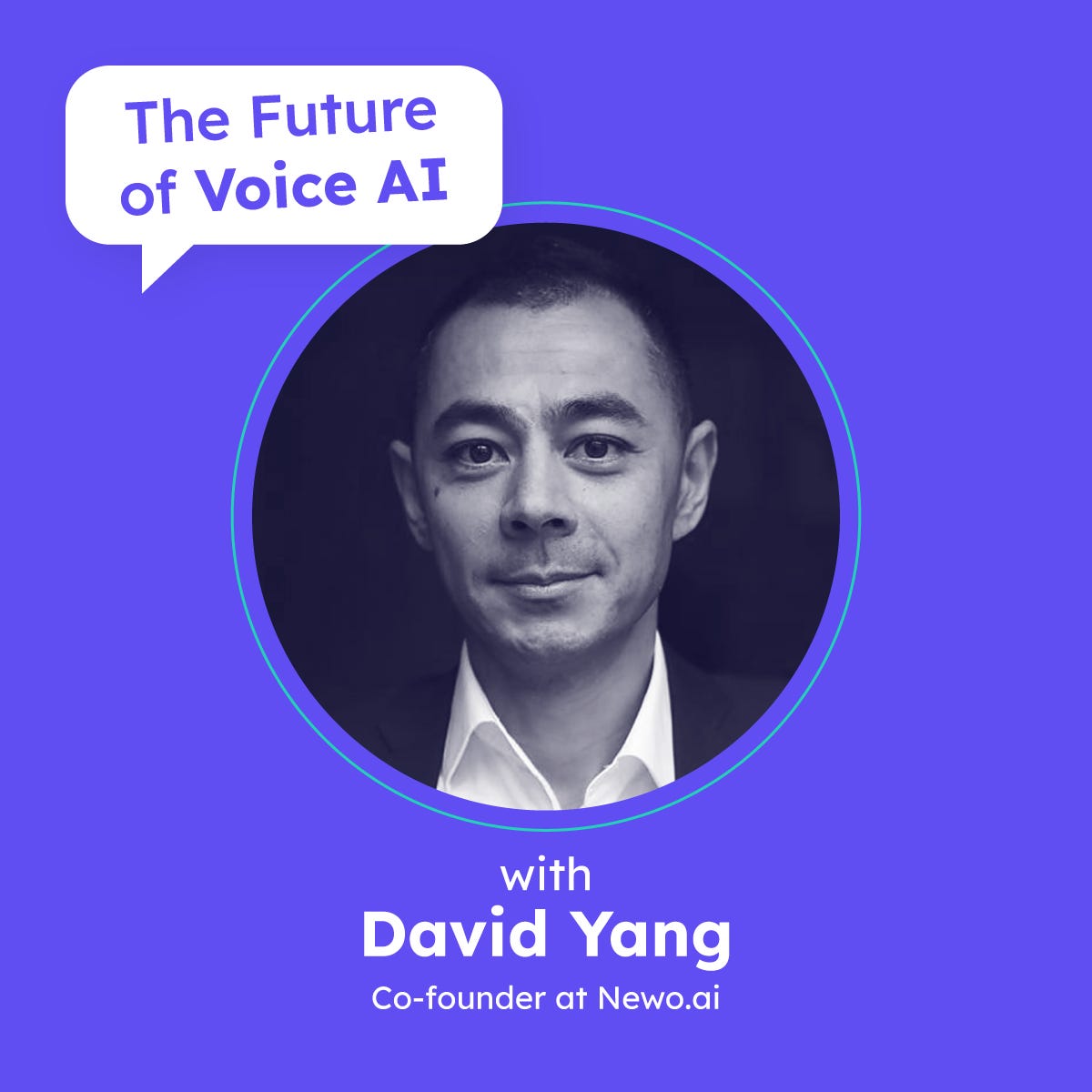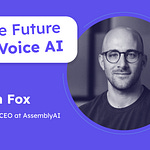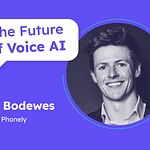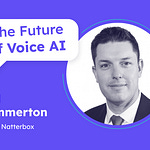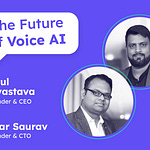In the Future of Voice AI series of interviews, I ask three questions to my guests:
- What problems do you currently see in Enterprise Voice AI?
- How does your company solve these problems?
- What solutions do you envision in the next 5 years?This episode’s guest is David Yang, Co-Founder Newo.ai.
David Yang, Ph.D., is a Silicon Valley–based serial entrepreneur and co-founder of Newo.ai. He previously founded ABBYY, a global leader in AI and content intelligence whose technologies serve over 50 million users and thousands of enterprises in 200 countries. Over his career, Dr. Yang has launched more than a dozen companies, contributed to major advances in AI and workplace technology, and has been recognized by the World Economic Forum as one of the top 100 World Technology Pioneers.
Newo.ai is a San Francisco–based AI technology company building human-like AI Agents that transform how businesses operate. Founded by AI entrepreneurs David Yang, Ph.D., and Luba Ovtsinnikova, the team brings a track record of launching more than 10 successful companies whose products are used by over 50 million people in 200 countries. Newo.ai’s mission is to unleash the superpowers of small and medium businesses by giving every entrepreneur an AI teammate that never sleeps, never gets tired, and helps turn the impossible into the inevitable.
Recap Video
Takeaways
Building agents at scale is the real moat; the need is hundreds to thousands of production-ready agents per month, not one-offs.
“Production in minutes” matters more than fancy demos; zero-touch setup wins.
Most SMBs will swap IVRs and voicemail for AI receptionists that actually book and drive revenue.
Websites will become conversational; voice and chat agents will greet, qualify, and convert visitors.
Industry templates (patients vs. guests, dental vs. hotels) let one agent fit ~90–95% of use cases out of the box.
Voice is the hardest and most important channel—latency, interruptions, accents, and noise make it 80% of the problem.
The real production hurdle for AI agents was latency; agents need to “think and talk” at once to feel human.
One bad call in ten kills trust and scalability; parallel “observer” agents that fact-check in real time are needed to prevent hallucinated bookings.
Adoption inflects when AI’s “lead success score” approaches human performance; businesses tolerate errors at human-like rates.
Omnichannel isn’t optional for SMB reception; phones, SMS, live chat, and social DMs all feed bookings.
New industries are lighting up weekly; speed of verticalization is a competitive weapon.
The success metric is parity with humans, not perfection; once the lead success score nears human levels, growth takes off.
The near future is practical and paid; AI receptionists that cost little and return 50x in booked revenue will win long before sci-fi visions do.
Long-term, David sees a chunk of the world’s knowledge work shifts to “non-biological” employees, forcing new ethics and norms.
David predicts that that 300 million of the world’s 1 billion knowledge workers could be AI-based in the future.
Humans and machines are moving toward a hybrid future where biological beings have non-biological implants and vice versa.
Early emotional AI like Morpheus was designed with synthetic “oxytocin” and “dopamine” and even used architecture (moving walls) to mirror emotional states.
Robotic pets and AI systems living alongside humans foreshadow non-biological members of society becoming normal.
AI systems aren’t deterministic, raising the need for new ethical frameworks beyond Asimov’s Three Laws.
Morality and shared values will need to be trained into AI, as decisions often fall into gray areas.


